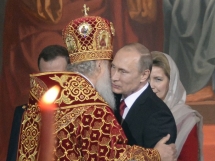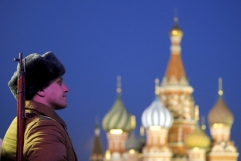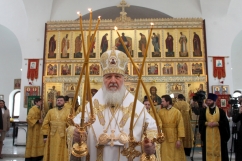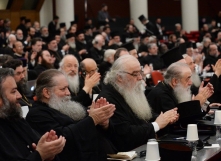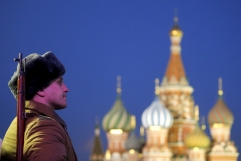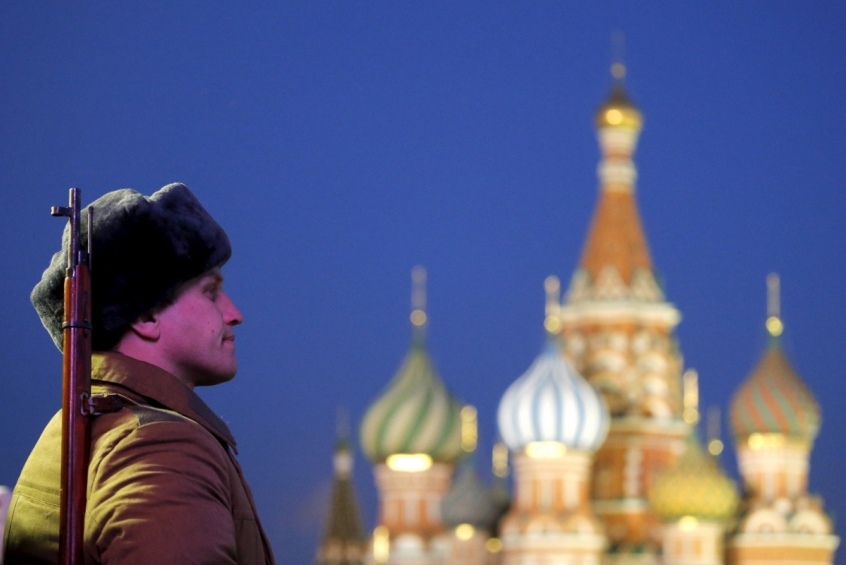
Draconian religious freedom laws due to be introduced next week in Russia have prompted prayers for the country's evangelical Christians.
The European Evangelical Alliance (EEA) on Monday released a call to prayer, in which the organisation said it is "extremely concerned" about the new anti-terrorism law – known as Yarovaya's Law – passed on July 6.
The law, which will come into force on July 20, will prohibit evangelism anywhere outside a church or religious site – including private homes and online – and those in breach of it will be fined. Only named members of religious organisations will be able to share their faith, and even informal witnessing between individuals is forbidden.
"We ask European Christians to stand with their Russian brothers and sisters in prayer," the EEA said yesterday. "Let us pray for wisdom, hope and courage.
"Let us pray that this new law unites Christians in new ways and express this unity and love among each other. Let us pray that the Russian authorities will realise that this new law unnecessarily restricts people's freedom.
"Let us pray that this time of trial will be used by the Lord to strengthen and grow His Church."
The majority of Russians belong to the Orthodox Church, which is closely aligned with President Vladimir Putin's government. Just one per cent belong to Protestant denominations.
Ahead of Putin signing the legislation into law, Sergei Ryakhovsky, head of the Protestant Churches of Russia, wrote with other evangelical leaders to the president, urging him not to do so.
They argued the law "violates human rights and fundamental liberties with regard to religious freedom".
"The obligation on every believer to have a special permit to spread his or her beliefs, as well as hand out religious literature and material outside of places of worship and used structures is not only absurd and offensive, but also creates the basis for mass persecution of believers for violating these provisions," the church leaders said.
"Soviet history shows us how many people of different faiths have been persecuted for spreading the Word of God. This law brings us back to a shameful past."
The United States Commission on International Religious Freedom (USCIRF) last week condemned the measures, saying the law "authorizes the police to arrest people suspected of violating 'generally accepted norms of social behavior,' thereby giving authorities another weapon to use against disfavored groups, including religious organizations."
"These deeply flawed anti-terrorism measures will buttress the Russian government's war against human rights and religious freedom," said USCIRF chair Thomas Reese.
"They will make it easier for Russian authorities to repress religious communities, stifle peaceful dissent, and detain and imprison people. Neither these measures nor the currently existing anti-extremism law meet international human rights and religious freedom standards."
In its 2016 report, the USCIRF said that violations of religious freedom in Russia "escalated in the past year" and the country was on a "negative trajectory".
It accused Russia of "systematic, ongoing, egregious violations of religious freedom".










